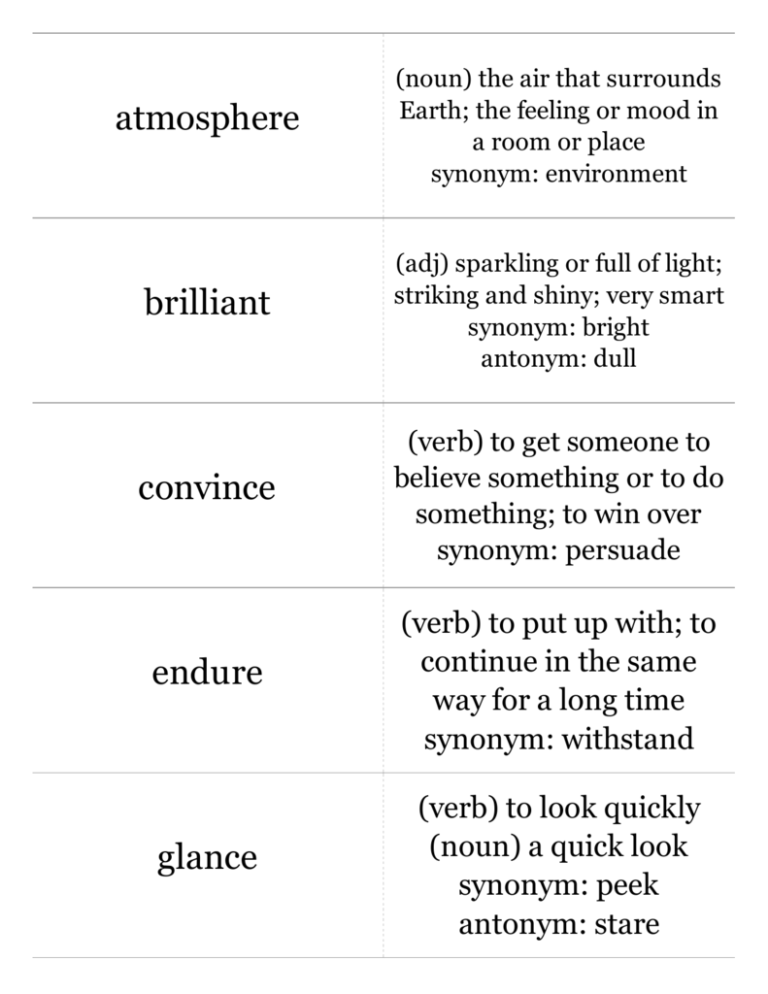

Most words for "personal enemy" cover also "enemy in war," but certain languages have special terms for the latter, e.g.early 13c., from Old French enemi (12c.), earlier inimi (9c.) "enemy, adversary, foe, demon, the Devil," from Latin inimicus "hostile, unfriendly an enemy" (source of Italian nemico, Catalan enamic, Spanish enemigo, Portuguese inimigo), from in- "not" (see in- (1)) + amicus "friend" related to amare "to love" (see Amy).Don’t worry, you’ll get there soon with enough practice, so keep at it. There are grammar apps out there that you can use, or you can save this page for easy reference until you’re more familiar with the uses and spellings of each of these words. The Final Word on Peek Vs Peakįeeling run down by all these confusing words? Not sure what’s English and what’s French? Which you had a way to sort out commonly confused words in your writing, for school or work? Likely you’ve heard the phrase “piqued her interest” or “piqued his anger.” Pique is therefore a causative verb that means something happens following its use. You might say, “she left in a fit of pique.”Īs a verb, it means to irritate or to generate interest. Muddying the waters even more, we’ve got a fun additional homophone! The word “pique” comes from French, and it operates both as a noun and a verb.Īs a noun, it means a feeling of irritation. Even as a noun, “peek” still means looking even as a verb, “peak” still means that highest point.

When you “peak,” you hit your highest point, whether that’s physical fitness, career or talent.ĭon’t assume that if you see these words as a different part of speech, the spelling is necessarily wrong.When you “take a peek,” the latter word is a noun.There are two main cases in which they reverse parts of speech: Nouns Vs VerbsĪ quick rule of thumb is that peek is almost always a verb – an action word – whereas peak is almost always a noun – a person, place or thing. … or even a turn of phrase, such as “widow’s peak,” which is the hair pattern common to balding men in which a triangle juts down toward the middle of the forehead. Shapes resembling mountains, as when you beat eggs whites to stiff peaks.Everest, the tallest mountain in the world.Īs with any word in English, though, there are other definitions, including: Probably the most famous use of the word “peak” in the English language is in reference to Mt. Merriam-Webster defines the word peak as “the top of a hill or mountain ending in a point” or, similarly, as “a prominent mountain usually having a well-defined summit.” In either case, think mountains and mountain climbing. When to Use Peak Probably the most famous use of the word “peak” in the English language is in reference to Mt.
#Peek synonym crack
No surprise, then, that Merriam-Webster defines peek as “to look furtively” or “to peer through a crack or hole or from a place of concealment - often used with in or out.” The word can also mean just a brief glance, as when you peek into a room or peek at the next chapter before closing your book.

In both circumstances, we are looking and behaving with some level of stealth, either not wanting to get caught for snooping, or pretending to disappear behind our hands with young kiddos. It’s also the word that forms the root of the game peek-a-boo, which we play with children. This is the word we use when talking about taking a quick look at Christmas presents or birthday presents.


 0 kommentar(er)
0 kommentar(er)
